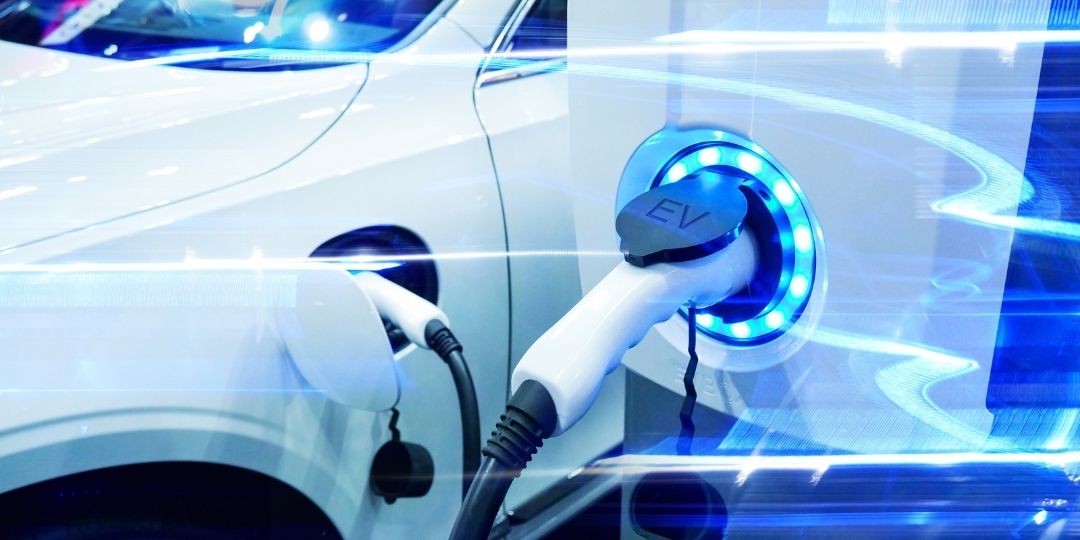The latest news straight to your inbox
Stay up to date with product news and offers by joining our mailing list.
How to get geared up for electric and hybrid vehicles

The automotive industry is on a one-way road to electrification. The UK government (and many others) is pouring money and incentives into the electric car industry, making them more attractive for consumers to buy, and the 2030 ban on new diesel and petrol car sales clearly signals a big change for the sector.
Electric vehicles are kinder to the environment, but they are more demanding. With manufacturers rolling out electric and hybrid cars into the market, those that maintain and service them are having to adapt – as are the products that perform maintenance, such as lubricants.
How can MOLYKOTE® help with lubrication and electrification?
Aside from the obvious, electric cars provide different challenges for maintenance than a petrol or diesel car. Hybrid electric vehicles require higher performance grade lubricants than petrol and diesel vehicles, with different requirements on top of the standard ones.
Let’s look at the functions of lubricants:
- Separate surfaces
- Reduce wear and friction
- Manage contamination
- Protect against corrosion
- Carry away heat
- Transmit power
All these typical qualities remain important to hybrid and electric vehicles. However dielectric properties are vital too - electric vehicles handle electrical currents not experienced by traditional cars, so insulation takes on a new level of importance.
Lubricants for electric and hybrid vehicles naturally have to be suitable for electrical components, while thermal management is vital to protect heat sensitive components that could be impacted by the high speeds and temperatures of the electric motor and battery.

While efficiency is always a focus for lubricants, for electric vehicles it is even more so – manufacturers and particularly consumers are anxious over the range of electric vehicles, so reducing torque and increasing efficiency takes on a higher level of importance for lubricants and electrification.
Similarly, lubricants have long helped reduce noise – including rattles, squeaks and vibration. For quiet electric cars, with no engine noise to mask those annoying or worrying noises, lubricants have to work harder than ever to reduce noise in the car interior.
Synthetic lubricants and high-grade lubricants can handle these new challenges. MOLYKOTE Speciality Lubricants provide extended durability through high-temperature resistance and wear resistance for electric vehicle components. Many of the lubricants in the range offer high dielectric strength, while anti-friction coatings eliminate vehicle interior squeaks and rattles. Click here to see the MOLYKOTE lubrication range.
Get more straight to your inbox
Join our mailing list and get the latest news and updates
Don't miss anything, join our mailing list today
By subscribing you agree to Univar's privacy statement which can be found here.
Free delivery on orders over £30
Secure payments








